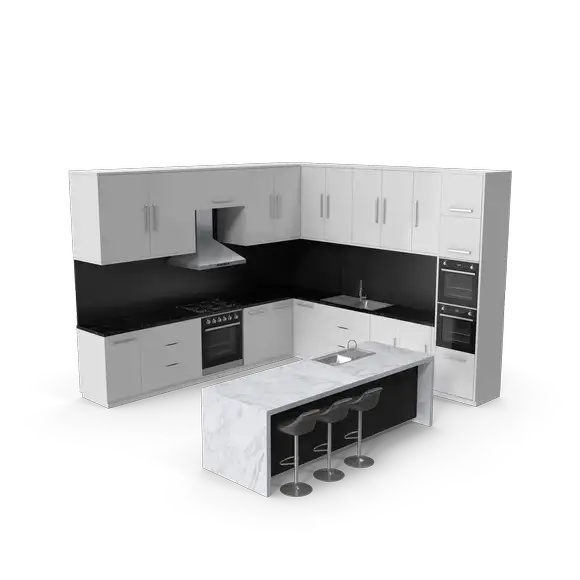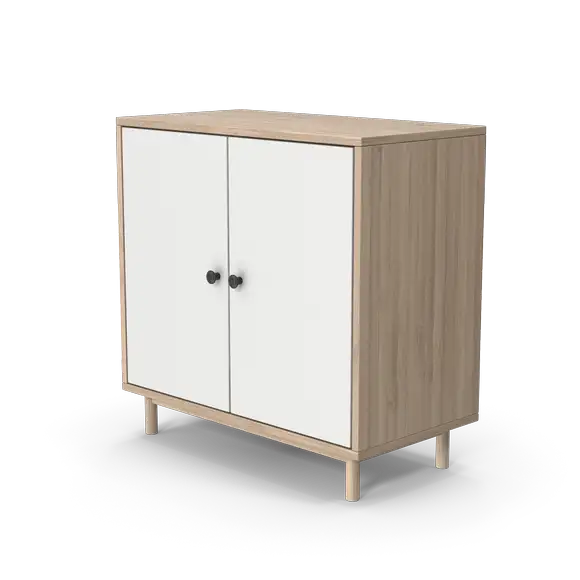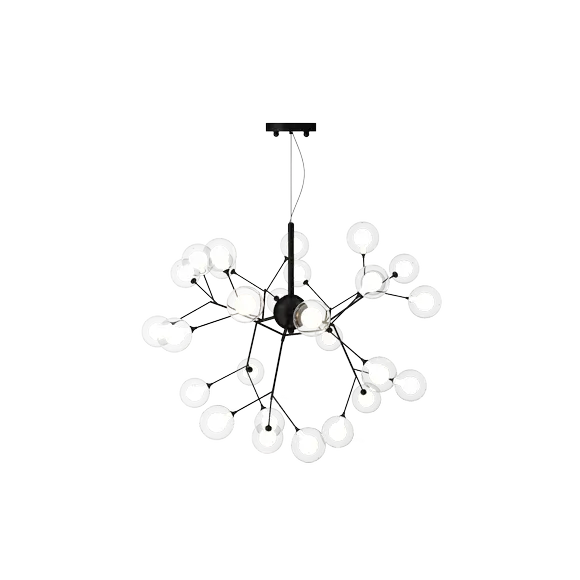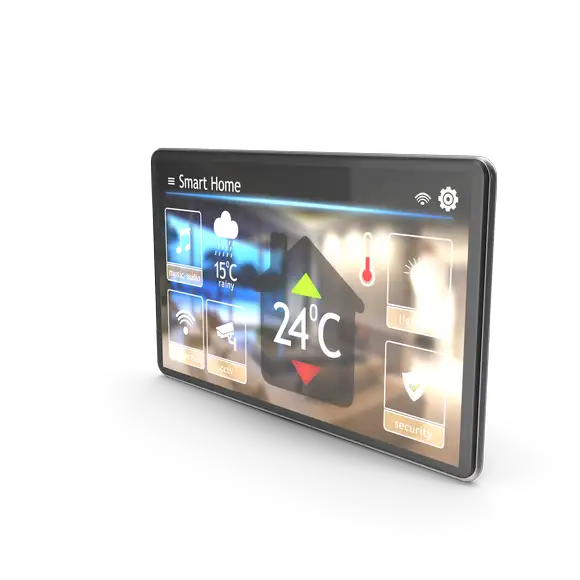What is a 7-Day Timer?
A 7-day timer is an electronic or mechanical device designed to control the operation of electrical systems by turning them on and off at preset times over the course of a week. This allows for precise control over electrical usage, optimizing both energy efficiency and convenience.
Features of 7-Day Timers
- Programmability: Offers the ability to set multiple on/off times throughout each day of the week, accommodating varied schedules and usage needs.
- Flexibility: Can be used with a variety of electrical devices, from outdoor lighting to HVAC systems, to ensure they operate only when needed.
Benefits of Using a 7-Day Timer
- Energy Efficiency: Reduces power consumption by ensuring devices are only active when necessary, contributing to energy savings and cost reduction.
- Convenience: Automates the operation of devices, eliminating the need to manually switch them on and off, which is particularly useful for outdoor lighting and heating systems.
- Security: By controlling lighting, for example, timers can simulate occupancy in a building, enhancing security by deterring potential intruders.
Common Applications
- Outdoor Lighting: Automatically turns lights on at sunset and off at sunrise, or at specific times that suit the user’s needs.
- HVAC Systems: Manages heating and cooling operations by setting optimal times for operation, improving comfort and reducing energy use.
- Irrigation Systems: Schedules watering cycles for gardens or lawns, ensuring consistent moisture levels without manual intervention.
Installation and Operation
- Setup: Installation typically involves connecting the timer to the electrical circuit of the device it controls. It’s important to ensure that the timer’s load capacity matches the power requirements of the connected devices.
- Programming: Modern timers usually feature a digital interface for easy programming, although some may still use analog dials or switches.
Considerations for Choosing a 7-Day Timer
- Load Capacity: Ensure the timer can handle the total load of connected devices to prevent overload and potential damage.
- Type of Timer: Choose between digital and mechanical timers based on ease of use, reliability, and features.
- Weather Resistance: For outdoor applications, select timers that are weatherproof to withstand environmental conditions.
















